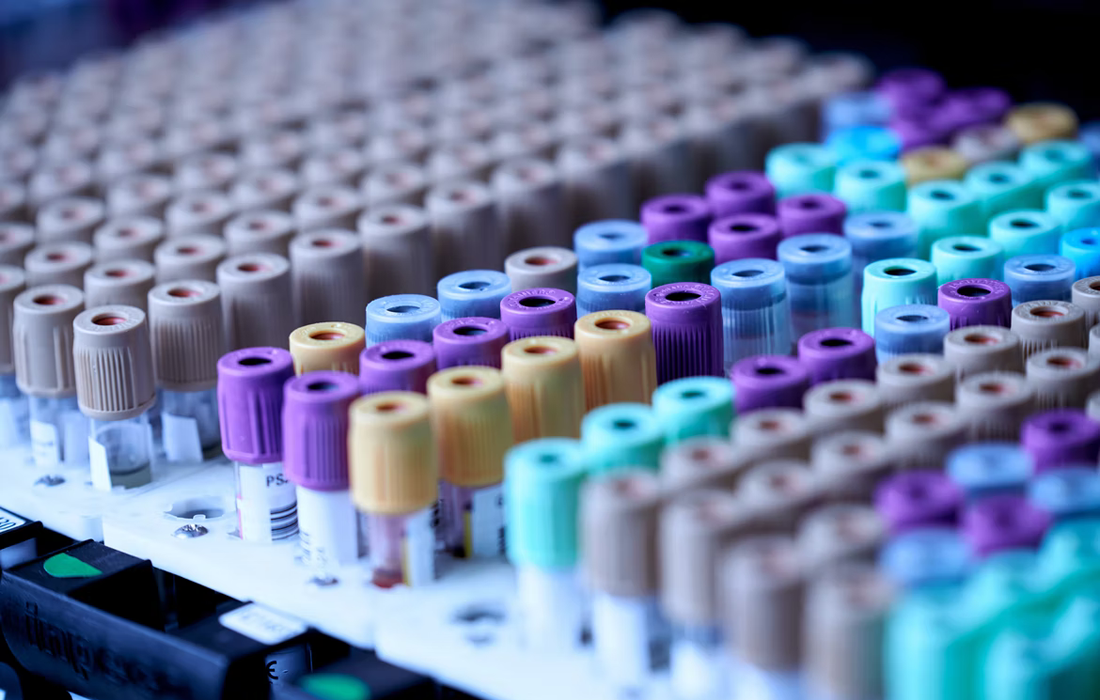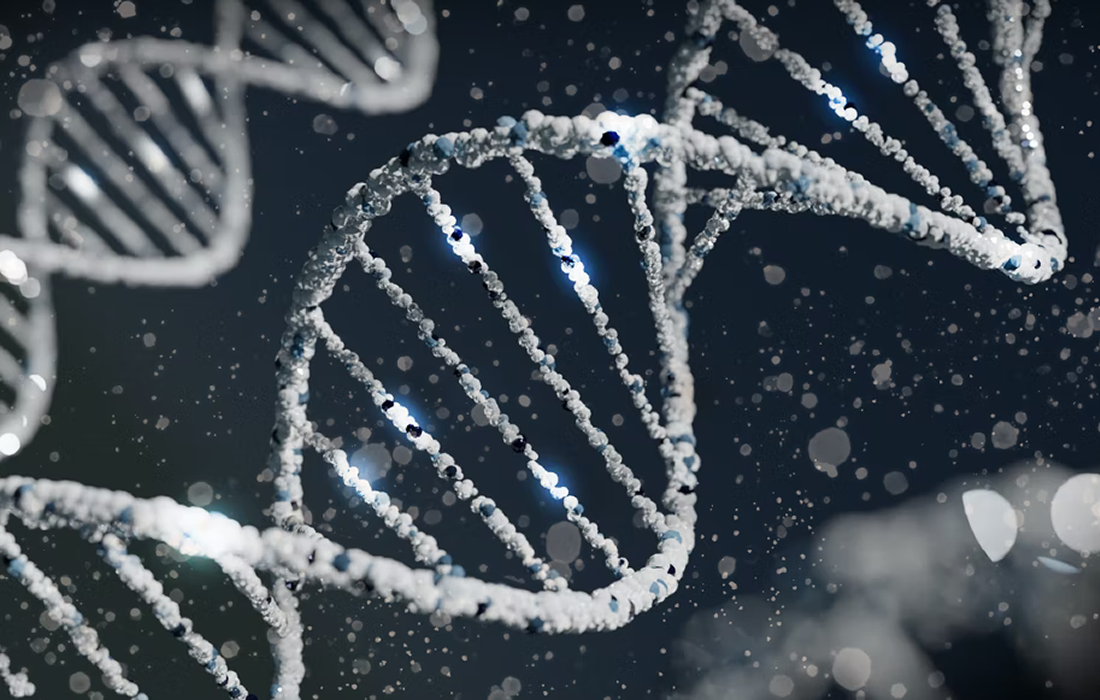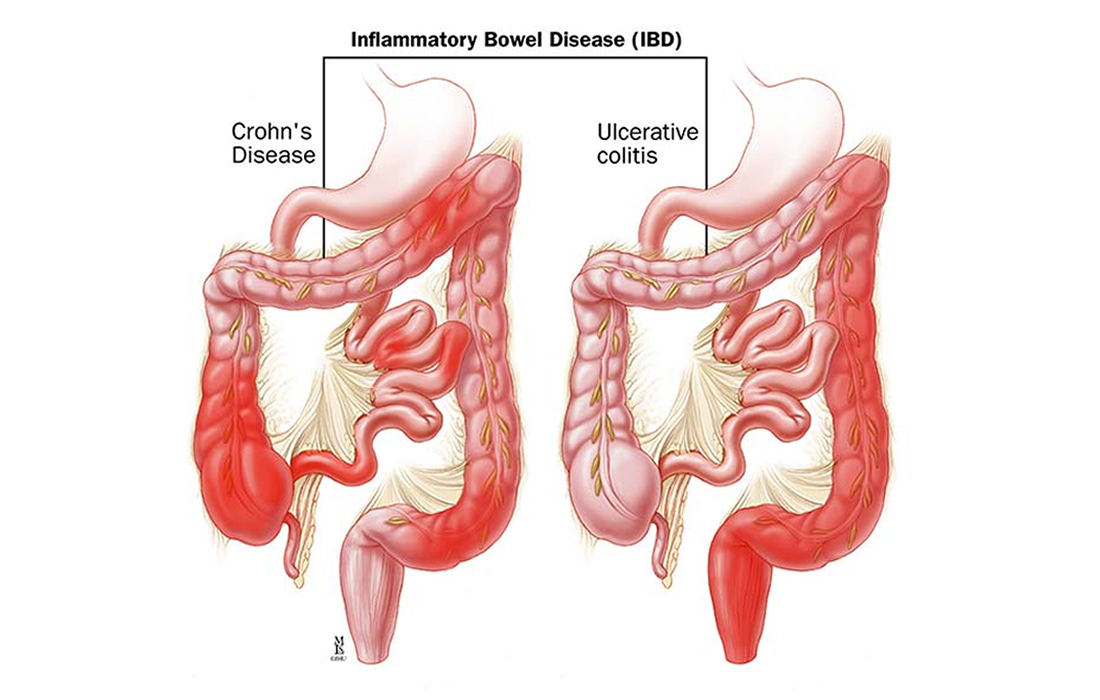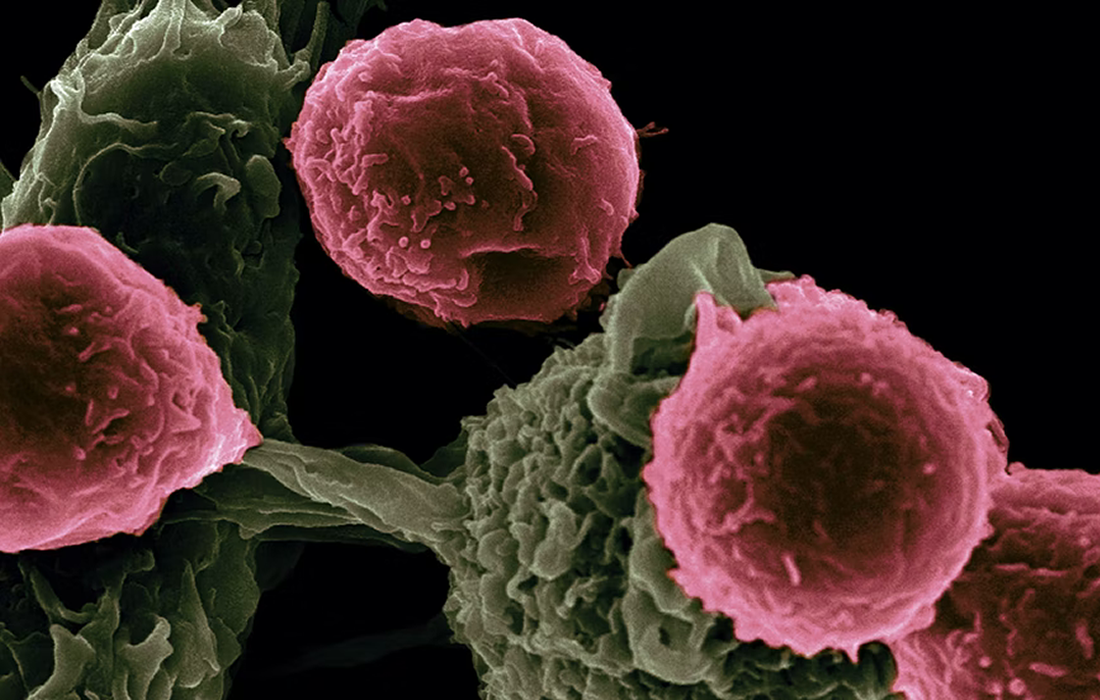Cerebral palsy (CP) is a neurological insufficiency that results from brain injury occurring before full neurological development. It involves impairment of movement, muscle, and cognitive functions. The condition can be also accompanied by impairments in speech, cognition, epilepsy, secondary muscle contraction, and limb deformity. Current progress in regenerative medicine has confirmed that stem cells can […]
Monthly Archives: April 2022
What is PRP? Platelet-rich plasma (PRP) is an autologous blood product containing a patient’s own concentrated platelets in a small volume of plasma that is used for the treatment of a variety of tendinous and ligamentous injuries as well as augmentation of healing after surgical procedures. PRP exerts its effect on tissues through the release […]
Most colon polyps are harmless, but some over time develop into colon or rectal cancer, which can be fatal if found in its later stages. Colorectal cancer (CRC) is the second most deadly cancer in the world, with an estimated 1.9 million cases and 916,000 deaths worldwide in 2020, according to the WHO. In a […]
Perfluoroalkyl and polyfluoroalkyl substances (PFASs) are synthetic compounds used in a wide variety of industrial and consumer products because of their resistance to heat and unique surfactant properties. Uses include nonstick products, such as Teflon, stain- and water-resistant materials, paints, and firefighting foams. Perfluorohexane sulfonate (PFHxS), perfluorooctane sulfonate (PFOS), and perfluorooctanoic acid (PFOA) are commonly […]
A new research study has found about 1 out of 7 COVID-19 patients continued to shed the virus’ genetic remnants in their feces at least four months after their initial diagnosis, long after they’ve stopped shedding the virus from their respiratory tract. COVID-19 manifests with respiratory, systemic, and gastrointestinal symptoms. The SARS-CoV-2 RNA can be […]
Variation in gut microbiome composition underlies numerous human phenotypes and health outcomes, such as immune function, metabolic disorder, cancer, and psychiatric traits. These variations have been attributed largely to environmental factors, including diet, antibiotic exposure, and birth modality. Some studies have identified genetic associations with the overall composition of the gut microbiota, in addition to […]
What is Ulcerative Colitis? Ulcerative colitis (UC) is a major form of inflammatory bowel disease (IBD), characterized by chronic inflammation and ulcers of the colonic mucosa with variable extension from the rectum toward the cecum. The etiology of the disease is complicated and the major pathogenic mechanism is the uncontrolled activation of innate and adaptive […]
Inflammatory bowel disease (IBD) is characterized by chronic inflammation of the gut mucosa that is thought to increase the risk of colon cancer. The disease typically starts before middle age with symptoms such as abdominal pain and weight loss. The cause is unknown, but genetical, environmental, and immunological factors are all believed to play a […]
Small cell lung cancer is the least common type of lung cancer, but it spreads faster than non-small cell lung cancer. Early lung cancer screenings can detect small cell lung cancer before it spreads when the disease is most treatable by methods like radiation therapy, immunotherapy, and chemotherapy. An estimated 15% of people diagnosed with […]
Niacin is a B vitamin that’s made and used by your body to turn food into energy. It helps keep your nervous system, digestive system, and skin healthy. Niacin (vitamin B-3) is often part of a daily multivitamin, but most people get enough niacin from the food they eat. Foods rich in niacin include yeast, […]










